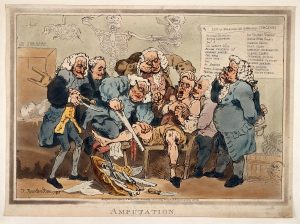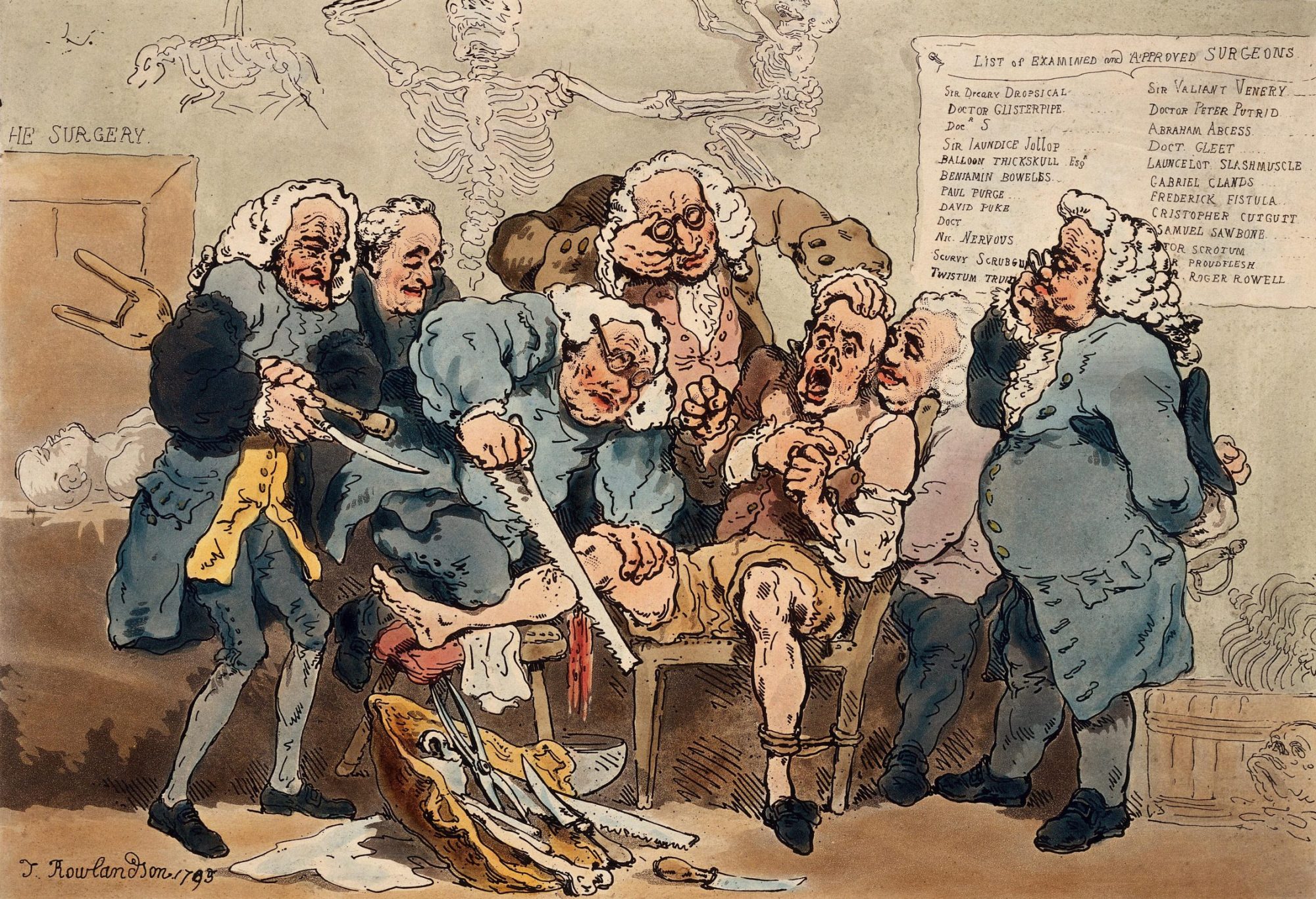About the project Experiencing Agony – Pain and Embodiment in the British Atlantic World, 1600–1900
Pain is born out of a combination of cultural, social, and individual factors: it has not had the same significance for all people in all times at all places. The ambivalent role pain has played in medieval religious self-flagellation, childbirth both before and after anaesthetics, or modern BDSM practices reveal how humans’ relationship to pain is deeply situational and affected by their gender, age, culture, and religious and philosophical beliefs.
This project examines, for the first time, the long-term history of embodied experiences of pain in the Anglo-American world during the period c.1600–1900. Analysing a broad variety of ego-documents describing emotional and sensory pain of a variety of individuals, the project traces historical breaks and continuities in how pain was experienced and expressed in the British Atlantic world and how social, cultural, and temporal change affected its embodiment on both an individual and social level.
Through this approach, the project opens up an exciting new perspective into the growing field of history of experience, as examining everyday experiences of pain as affective enables a re-evaluation of the long-term history of the relationship between mind, body, and society in human experience.

The project’s aim is to deliver a history of experience rather than a history of medicine. It focuses on first-hand descriptions of and allusions to pain and suffering, extracted mainly from various autobiographical sources (letters, journals, memoirs, doctors’ casebooks). It uses also carefully selected complementing source material (scientific treatises, guidebooks, religious material, fiction, image and photographic material) to build a deep cultural and social context around these autobiographical accounts.
The project’s premise is that personal accounts of different experiences of pain tell us how people conceptualised, understood, and lived in the world and in their bodies, how they imagined the relationship between their body, mind, and environment, and how their communities guided their experiential lives.
Particularly regarding the early modern period, it is to be expected that elite male voices will be over-represented both in terms of source availability and preservation. The project will take special care to balance the source material intersectionally and seek to find and include pain experiences of marginal groups as much as possible. In practice and particularly with early modern sources, this requires piecing together scarce and incomplete stories of suffering in sources often produced by people other than those actually in pain.
The project started in September 2022, in the University of Helsinki.

